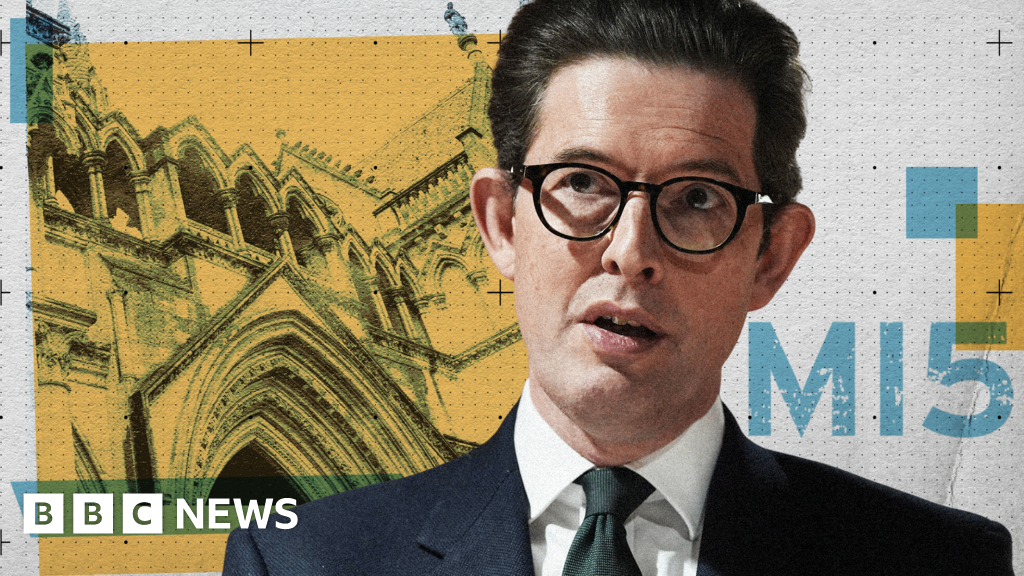Khac Phu Nguyen
Mon, Jul 7, 2025, 9:06 AM 2 min read
In This Article:
Huawei is pushing backhard. Over the weekend, its secretive Noah's Ark Lab broke from its usual silence to address accusations that its new AI model, Pangu Pro MoE, borrowed code without proper credit. The model, which runs on Huawei's own Ascend chips (their homegrown answer to Nvidia's GPUs), had its source code picked apart on GitHub, where a group dubbed HonestAGI claimed it spotted unacknowledged code fragments. That post vanished. But another one, titled Pangu's Sorrow, quickly followedalleging that Huawei's team had been under intense pressure to deliver and fell behind domestic rivals in the race. In a rare rebuttal, Huawei said it fully complied with open-source licenses and welcomed technical discussion, not speculation.
This isn't just a code reviewit's a window into the internal pressure mounting inside China's AI champions. With Alibaba and DeepSeek making waves and catching investor attention, Huawei's rare public statement signals how high the stakes are becoming. The companylong a symbol of China's tech self-sufficiencynow finds itself on the defensive in one of the hottest battlegrounds: sovereign AI. The fact that Huawei had to respond at all speaks volumes. IP compliance, innovation speed, and trust are no longer soft issuesthey're table stakes in an environment where reputations are earned (or lost) in public.
For global investors watching the AI value chainfrom chipmakers like Nvidia (NASDAQ:NVDA) to downstream platforms like Tesla (NASDAQ:TSLA)this is another flashing signal. The game isn't just about who builds the fastest model. It's also about who's playing fair, who's shipping on time, and who's earning credibility in a world that increasingly demands transparency. As China's AI ecosystem matures, these reputational battles could become just as important as the hardware wars.
This article first appeared on GuruFocus.









 English (US) ·
English (US) ·